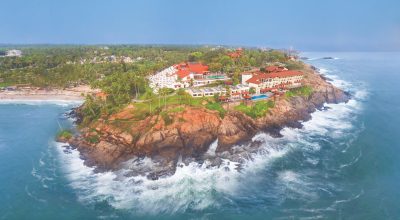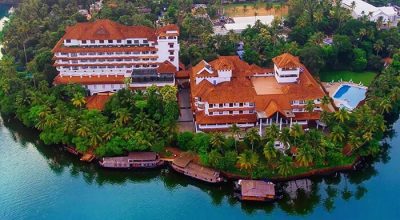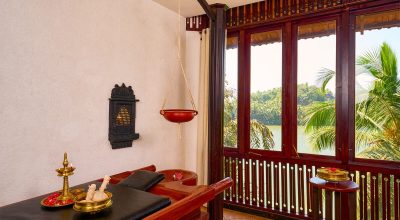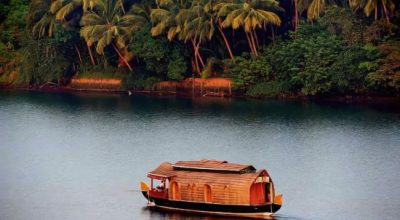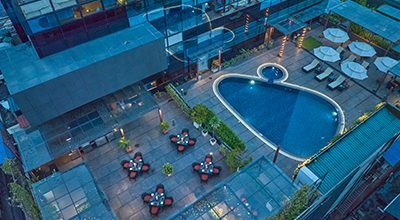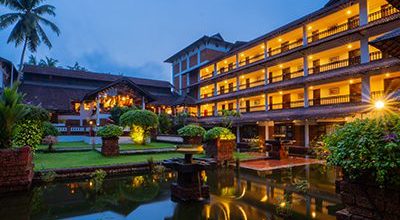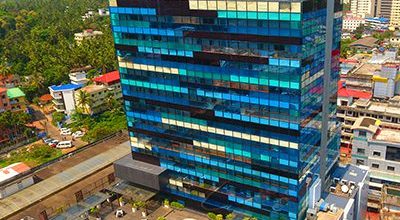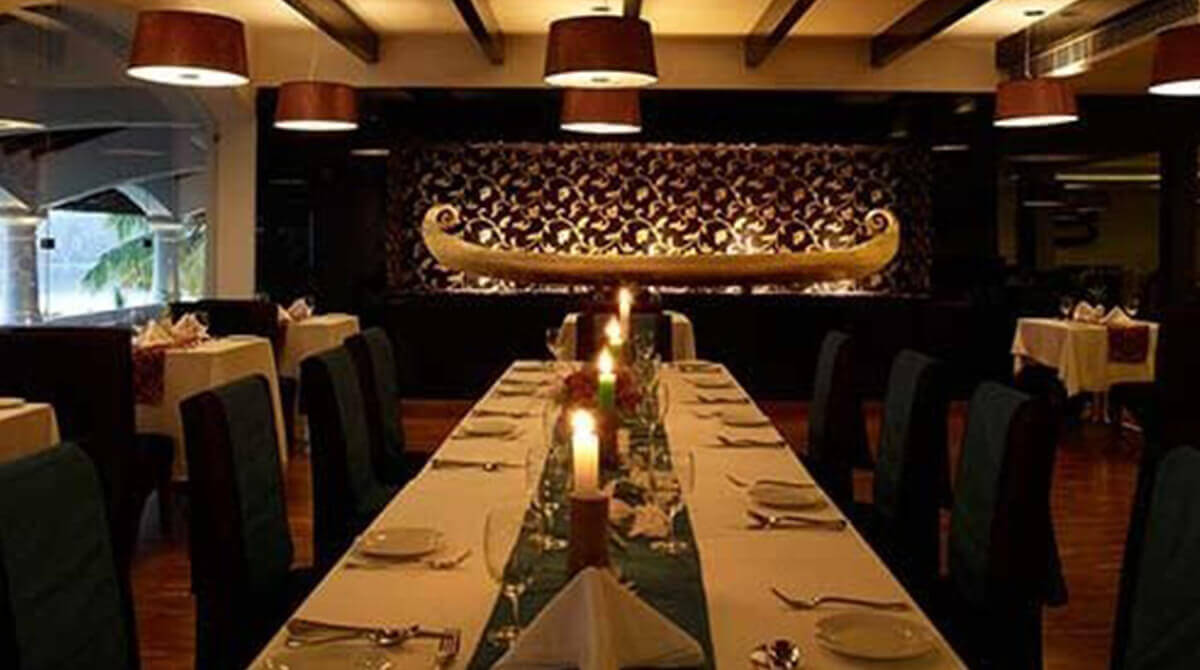When you think of Kerala, you think of silky backwaters, mellow beaches, stunning sunsets, unforgettable houseboat cruises and the rejuvenating Kerala Ayurvedic spa. But Kerala is much more than just that! A trip to Kerala is never complete until you have indulged your taste buds with the unique Kerala cuisine. Tasting the local cuisine should be an integral part of any holiday, to celebrate the heritage of the area.
Also known as the ‘Land of Spices’, Kerala’s diversity in cuisine can be attributed to its willingness to absorb foreign influences, and merge it with the local dishes. Kerala got dubbed as the ‘Land of Spices’ because of its ancient history of trading spices with Europe as well as with many other ancient civilizations, with the oldest historical records showing trade with the Sumerians from around 3000 BCE. Being a major producer of spice, Kerala cuisine frequently uses black peppers, cardamoms, cloves, cinnamon and ginger in its dishes.
In addition to being influenced by its historical diversity, Kerala cuisine is also influenced by the cultural hangovers of the large population of Muslims and Christians resident here. They have contributed unique styles to the Kerala cuisine, especially to the non-vegetarian dishes. The meat-eating habits of the people were initially historically limited by religious taboos observed by the upper caste Hindus. Brahmins essentially tended to limit themselves to a vegan diet. However, the modern-day Hindus no longer practice these taboos except for a few upper caste ones who sideline red meat dishes such as beef, mutton and pork. Most Moslems also forego the consumption of pork as per their religious dictates.
The upper caste Brahmin community members are also famed for their vegan cuisine that includes a variety of tangy sambars and rasams. In most Kerala homes today, a typical meal consists of fish, fresh vegetables and a generous helping of rice. Spicy pickles and pappadoms may also be included.
In Kerala, food has to be relished with all the senses and almost every dish is prepared with the signature coconut which grows abundantly all over the state. The coconut may be grated, ground into a paste or added in the form of coconut milk. The addition of coconut adds a rich flavor to the dish, as well as working to absorb some of the tongue-teasing spiciness. A Kerala dish is also never complete without the addition of the characteristic mustard seeds, fresh fragrant curry leaves, chilies and asafetida. The pungency of flavors is further heightened by the use of tamarind juice in dishes that require a little sourness. And as can be expected, Kerala cuisine dictates the use of coconut oil for its added fragrance.
Keralites are mainly rice and fish eating people with rice and cassava (tapioca) forming the main starch ingredient used in all their meals. Traditionally, Kerala food is vegetarian and includes lots of crisply cooked fresh vegetables flavored with coconut, in one form or the other. The Kerala Sadya, an elaborate banquet of vegetarian dishes served with parboiled rice on a green banana leaf, is the traditional way of celebrating festivals and auspicious ceremonies and marriages. It incorporates all the flavors advised in the Ayurvedic diet-sweet, salty, sour, bitter, pungent and astringent, hence balancing all the cosmic forces existing within the human body. A full-course Sadya is the ultimate must-try for every tourist visiting Kerala and consists of rice served with about 20 or more accompaniments and desserts. A stroll is usually advised after this sumptuous meal as it sits a little heavy on the stomach!
Another sumptuous and mouth-watering delicacy on your must-try list should be the tapioca and fish curry meal; locally known as ‘kappa and meen curry’, it’s a dish to savor as the flavors erupt onto your taste buds with the very first bite.
The heart and soul of Kerala cuisine is however found to shine brightest in its coastal backwaters. The most exotic varieties of sea foods are available in the backwaters and lakes and best enjoyed while cruising through the waters. Ashtamudi Lake is one such destination where freshly caught fishes, prawns, squids and mussels make a splendid meal, cooked the Kerala way. The Ashtamudi Lake, meaning the eight headed cone, as it has eight channels, is ideal for cruising to enjoy the lush greenery and multitude of islands dotting the lake. Many birds are also seen here, both migratory as well as resident. The historical Kollam city is located on the right bank of this lake and has a flourishing hospitality industry with giants such as The Raviz group offering grand accommodations to pamper the weary tourists.
So come, and tickle your taste buds, the Kerala way!

